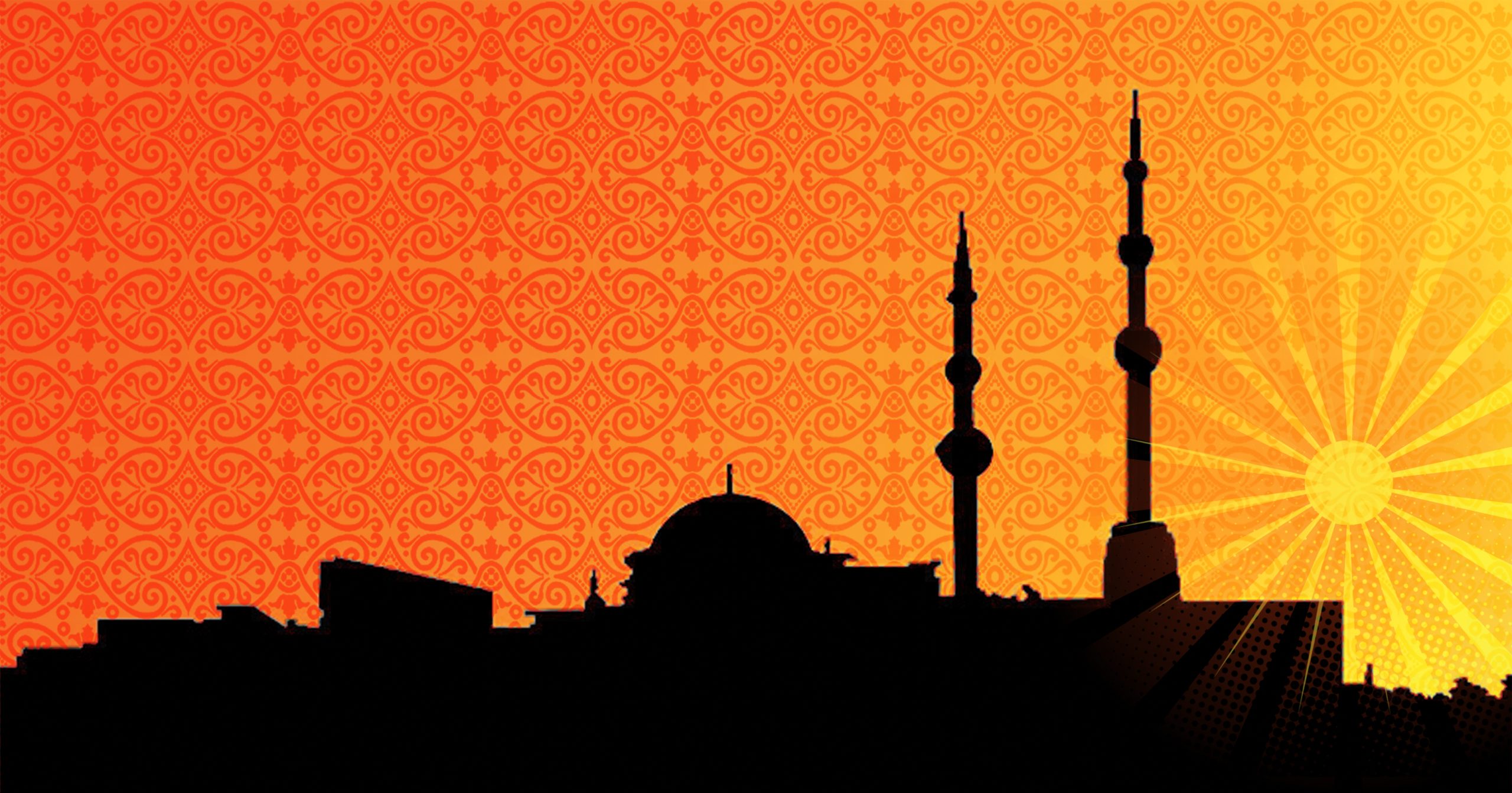The Holy Month of Ramadan in Islam
Ramadan, the ninth month of the Islamic lunar calendar, is a sacred and spiritually enriching time for Muslims worldwide. It is a period marked by fasting, prayer, reflection, and community. Ramadan is not just about abstaining from food and drink; it is an opportunity for Muslims to renew their faith, develop self-discipline, and deepen their connection with Allah (SWT).
Fasting in Other Religions Before Islam
Fasting is not unique to Islam; it has been prescribed in various forms in other religions. The Quran acknowledges this practice:
“O you who have believed, decreed upon you is fasting as it was decreed upon those before you that you may become righteous.” (Surah Al-Baqarah 2:183)
This verse indicates that fasting was practiced by earlier religious communities, such as Jews and Christians, as a means of spiritual purification and devotion.
The Significance of Ramadan
Ramadan holds immense significance as it commemorates the revelation of the Holy Quran to Prophet Muhammad (peace be upon him) through the Angel Jibreel (Gabriel). This divine event is highlighted in the Quran:
“The month of Ramadan [is that] in which was revealed the Quran, a guidance for the people and clear proofs of guidance and criterion.” (Surah Al-Baqarah 2:185)
“Indeed, We sent the Quran down during the Night of Decree.” (Surah Al-Qadr 97:1)
This emphasizes Ramadan’s spiritual importance as the month of divine guidance. The primary goal of Ramadan is to attain Taqwa (God-consciousness).
Fasting (Sawm) in Ramadan: A Compulsory Act
Fasting during Ramadan, known as Sawm, is not just recommended—it is a compulsory act and the fourth pillar of Islam. This obligation is clearly stated in the Quran:
“So whoever sights [the new moon of] the month, let him fast it; and whoever is ill or on a journey—then an equal number of other days. Allah intends for you ease and does not intend for you hardship and [wants] for you to complete the period and to glorify Allah for that [to] which He has guided you, and perhaps you will be grateful.” (Surah Al-Baqarah 2:185)
Timing of the Fast
Muslims abstain from food, drink, smoking, and marital relations from dawn (Fajr) until sunset (Maghrib). This timing is prescribed in the Quran:
“And eat and drink until the white thread of dawn becomes distinct to you from the black thread [of night]. Then complete the fast until the sunset.” (Surah Al-Baqarah 2:187)
Fasting cultivates self-control, empathy for the less fortunate, and spiritual growth.
Conditions and Exemptions:
Certain groups are exempt from fasting, including:
- The elderly
- The sick
- Pregnant and nursing women
- Travelers
- Menstruating women
For those unable to fast, alternative actions such as feeding the poor (Fidya) or making up missed fasts (Qada) are prescribed.
The Reward of Fasting
The rewards of fasting are immense and extend beyond this world. Allah says:
“Indeed, the patient will be given their reward without account.” (Surah Az-Zumar 39:10)
Prophet Muhammad (peace be upon him) emphasized the unique reward for fasting:
“Allah said: ‘Every deed of the son of Adam is for him except fasting; it is for Me, and I shall reward for it.'” (Sahih al-Bukhari, Book 30, Hadith 1904; Sahih Muslim, Book 13, Hadith 1151)
“Whoever fasts during Ramadan with faith and seeking his reward from Allah will have his past sins forgiven.” (Sahih al-Bukhari, Book 2, Hadith 38; Sahih Muslim, Book 1, Hadith 760)
Spiritual Practices During Ramadan
- Taraweeh Prayers: Special nightly prayers performed in congregation. The Prophet (peace be upon him) said:
“Whoever stands (in prayer) during Ramadan with faith and seeking reward, all his past sins will be forgiven.” (Sahih al-Bukhari, Book 32, Hadith 2008; Sahih Muslim, Book 9, Hadith 759)
- Recitation of the Quran: Muslims strive to complete its recitation during Ramadan, reflecting on its meanings.
- Charity (Zakat and Sadaqah): Acts of charity are highly emphasized. The Prophet (peace be upon him) was the most generous of people, and his generosity increased during Ramadan. (Sahih al-Bukhari, Book 1, Hadith 5)
- Supplication (Dua): The Prophet (peace be upon him) said:
“There are three whose supplication is not rejected: the fasting person when he breaks his fast, the just leader, and the supplication of the oppressed.” (Sunan Ibn Majah, Book 7, Hadith 1752)
Laylat al-Qadr (The Night of Decree)
Observed in the last ten nights of Ramadan, it marks the night when the Quran was first revealed:
“The Night of Decree is better than a thousand months.” (Surah Al-Qadr 97:3)
The Prophet (peace be upon him) advised:
“Seek Laylat al-Qadr in the odd nights of the last ten nights of Ramadan.” (Sahih al-Bukhari, Book 32, Hadith 2017)
The End of Ramadan: Eid al-Fitr
Eid al-Fitr marks the conclusion of Ramadan with special prayers and festive gatherings. Muslims give Zakat al-Fitr to purify their fast and assist the needy, as instructed by the Prophet (peace be upon him) (Sahih al-Bukhari, Book 24, Hadith 579).
Lessons and Benefits of Ramadan
- Spiritual Renewal: Strengthening the bond with Allah.
- Self-Discipline: Developing control over desires.
- Compassion: Fostering empathy and encouraging charity.
- Community Unity: Enhancing social bonds.
Conclusion
Ramadan is more than a month of fasting; it is a transformative spiritual journey that deeply impacts the hearts and minds of believers. It serves as a time for Muslims to realign their priorities, focusing on their relationship with Allah, self-reflection, and personal growth. The discipline and spiritual consciousness cultivated during Ramadan extend beyond the month, encouraging lasting positive changes in character, behavior, and lifestyle. Ramadan teaches valuable lessons in patience, gratitude, empathy, and resilience, fostering a sense of unity within the Muslim Ummah. As believers bid farewell to this holy month, they carry forward its essence, striving to maintain the elevated spirituality and righteous practices throughout the year.
Copyright 2023, All Rights Reserved



Leave Your Comments